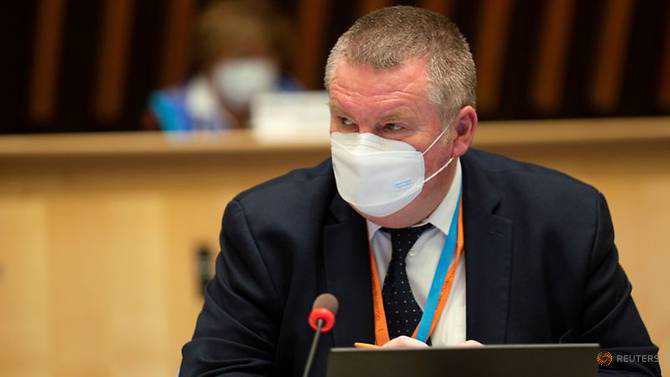Second year of COVID-19 could possibly be tougher, says WHO's top emergencies official
15 January, 2021

The second year of the COVID-19 pandemic may be tougher compared to the first given how the new coronavirus is spreading, especially in the northern hemisphere as even more infectious variants circulate, the World Health Organization (WHO) said on Wednesday (Jan 13).
"We are going right into a second 12 months of this, it might even be tougher granted the transmission dynamics plus some of the problems that we happen to be seeing," Mike Ryan, the WHO's leading emergencies official, said during an event on social media.
The worldwide death toll is approaching 2 million persons since the pandemic began, with 91.5 million people infected.
The WHO, in its most up-to-date epidemiological update issued overnight, said after two weeks of fewer cases staying reported, about 5 million new cases were reported the other day, the likely consequence of a letdown of defences through the holiday season in which people and the virus came alongside one another.
"Certainly found in the northern hemisphere, particularly found in Europe and North America we've seen that type of excellent storm of the growing season - coldness, people going inside, increased cultural mixing and a combo of factors that contain driven increased transmission in many, various countries," Ryan said.
Maria Van Kerkhove, WHO's technical business lead for COVID-19, warned: "Following the holidays, in a few countries, the scenario will get a whole lot worse before it gets better."
Amid growing fears of the more contagious coronavirus variant first detected in Britain however now entrenched global, governments across Europe on Wednesday announced tighter, longer coronavirus constraints.
Which includes home-office requirements and store closures in Switzerland, a protracted Italian COVID-19 talk about of crisis, and German initiatives to further reduce contacts between persons blamed for failed initiatives, so far, to find the coronavirus under control.
"I worry that people will stay in this structure of peak and trough and peak and trough, and we can conduct better," Van Kerkhove stated.
She needed maintaining physical distancing, adding: "The even more, the better ... but make certain you continue to keep that distance from persons outside your immediate household."
Source: www.channelnewsasia.com
TAG(s):
